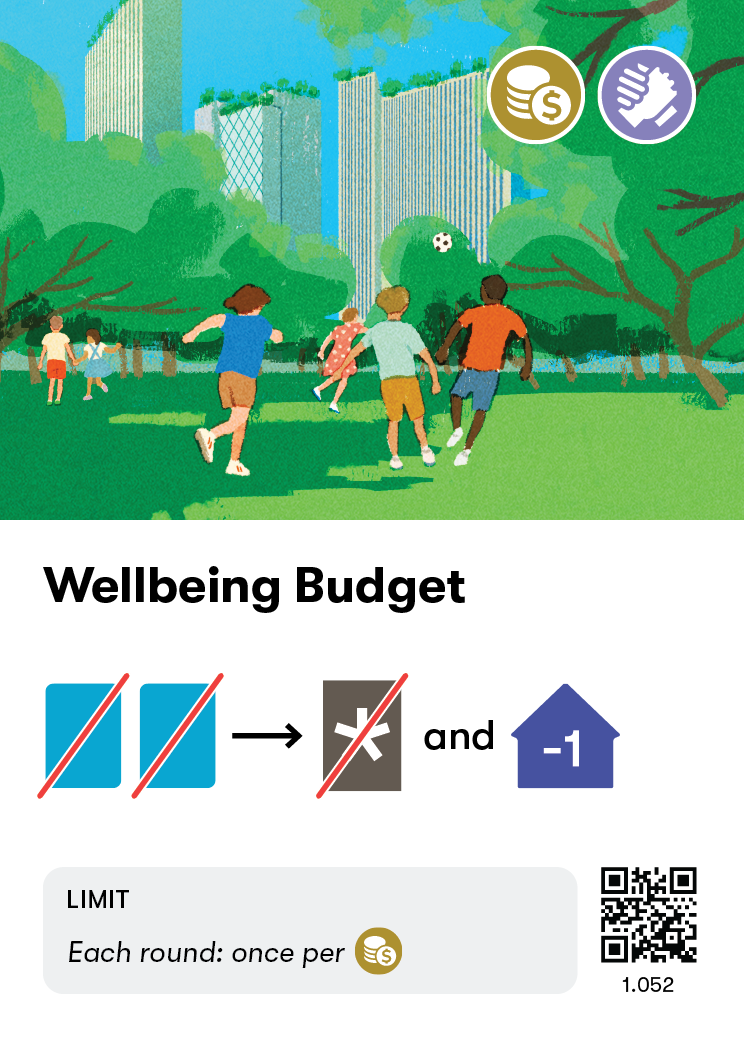Wellbeing Budget
Local Project
Decisions on how to spend government money are partly determined by whether they might increase gross domestic product (GDP). GDP is a measure of the goods and services produced in a country. Many governments assume that more GDP will mean greater wellbeing, as goods and services increase and improve. But evidence shows that GDP growth is actually poorly related to wellbeing. For example, building more coal power plants will increase GDP, not accounting for the impacts of deadly air pollution and greenhouse gas emissions created by burning coal .
A big shift in mindset and culture is needed in how governments spend money and measure the success of a society and its economy. This can be difficult in political cultures that are focussed on the short term and wrongly assume that economic growth always improves the wellbeing of people and the planet.
Some governments are now introducing spending budgets that directly target wellbeing, using a variety of statistics to determine how the money will be spent. This can include assessing the impact of government investments on mental health, the environment, and the rights of Indigenous Communities.
However, government budget cycles - allocating money for a financial year, or a multi-year parliament -are short, so this might be the wrong approach for delivering the consistent and long term investments that are needed to tackle deep problems like mental health and environmental destruction.
Discard 2 cards from your hand. Then remove 1 Emissions token (of any kind) from your player board and decrease your Energy Demand by 1.
You may take this action once per Incentive tag in this card's stack each round.

Check out the Wellbeing Economy Alliance (WEAll), a global coalition working towards a wellbeing economy.
Read Doughnut Economics, by Kate Raworth, which offers a variety of visions for a safe and prosperous planet.



